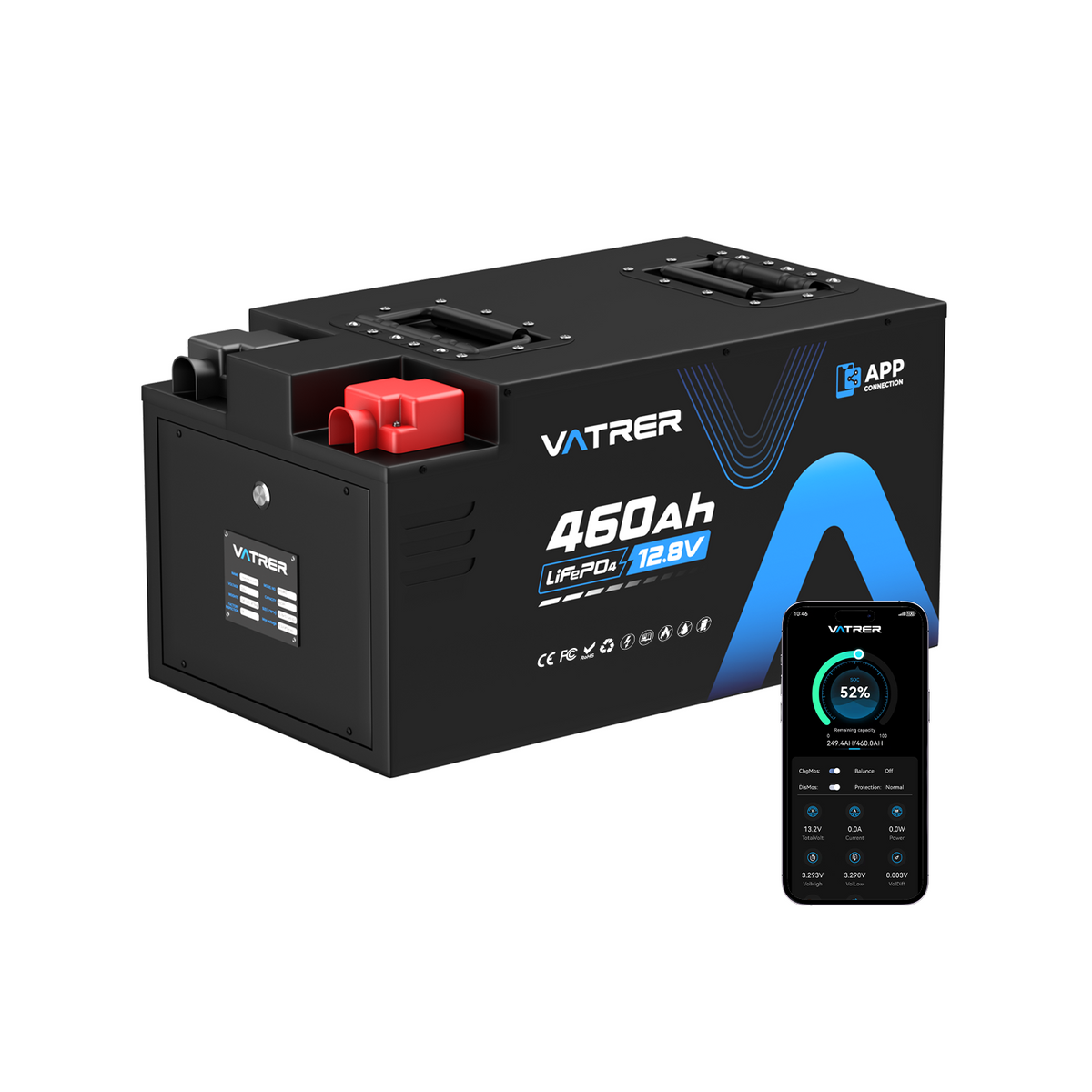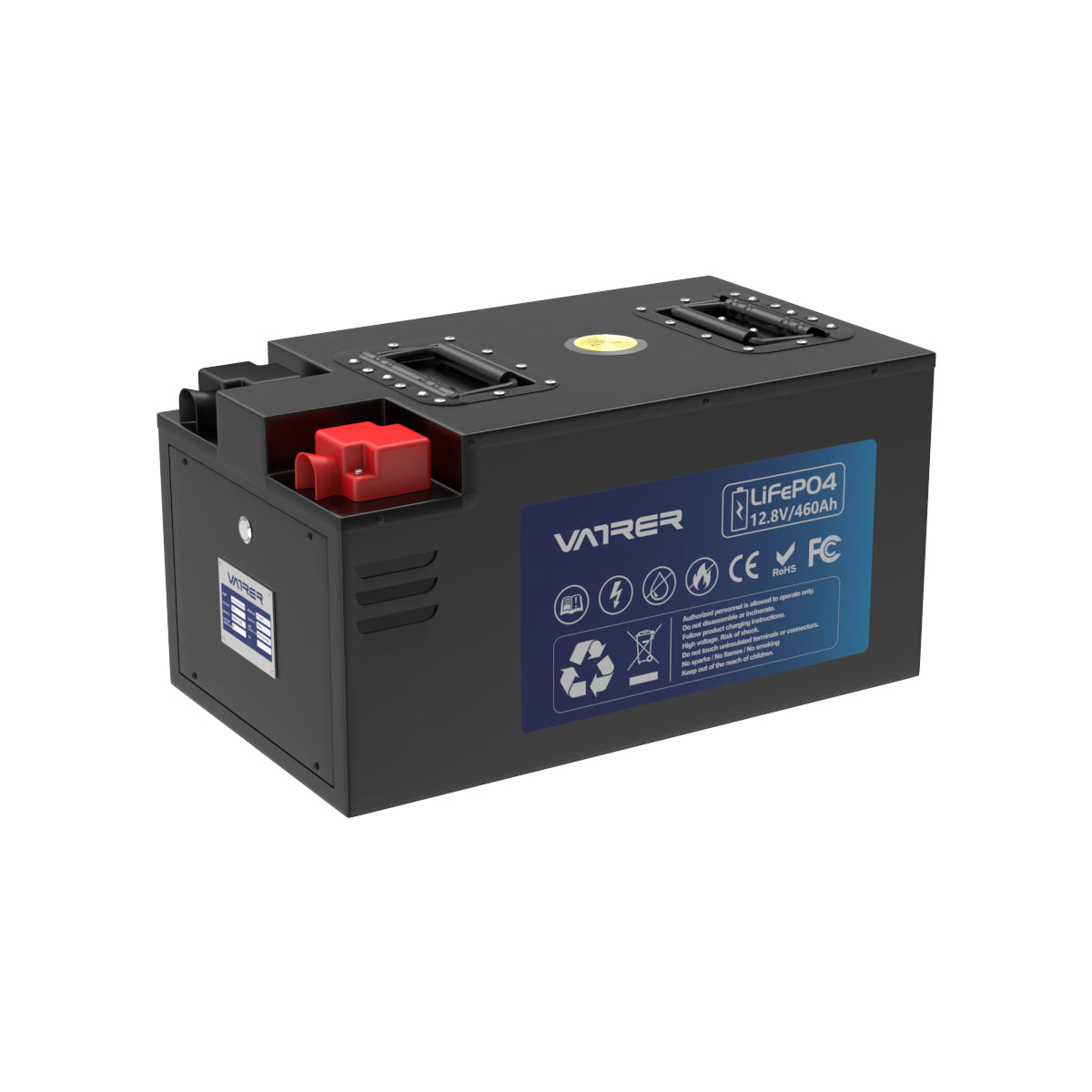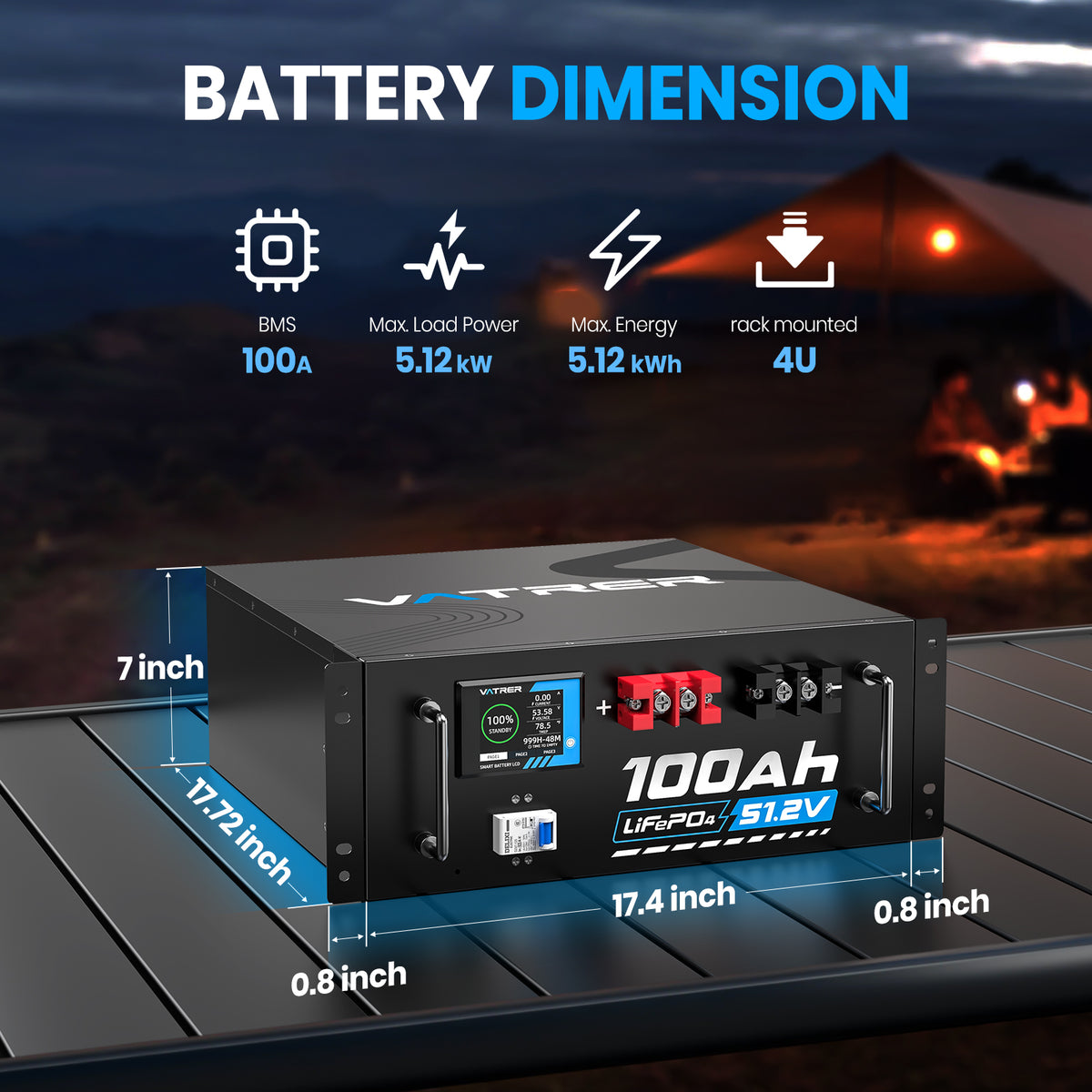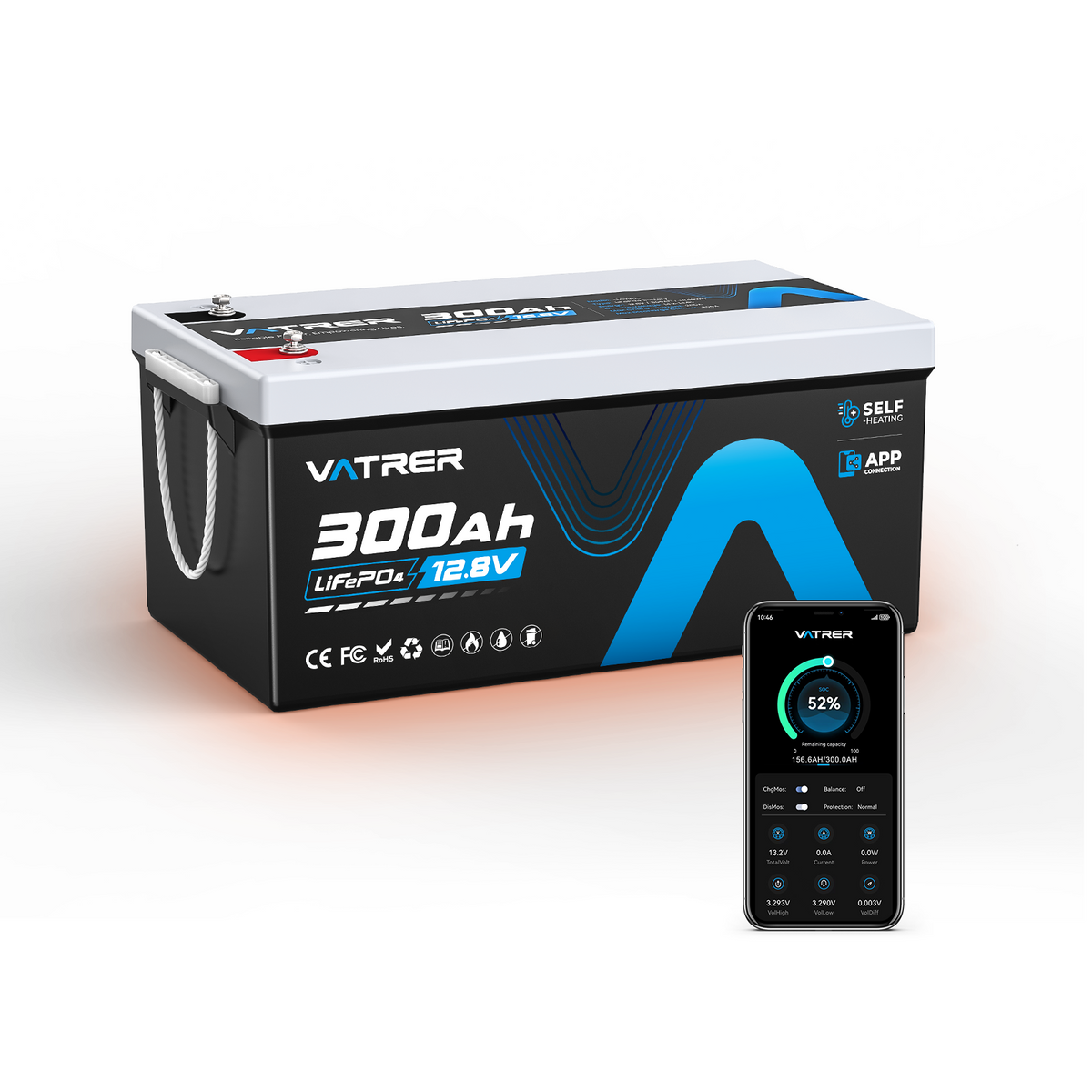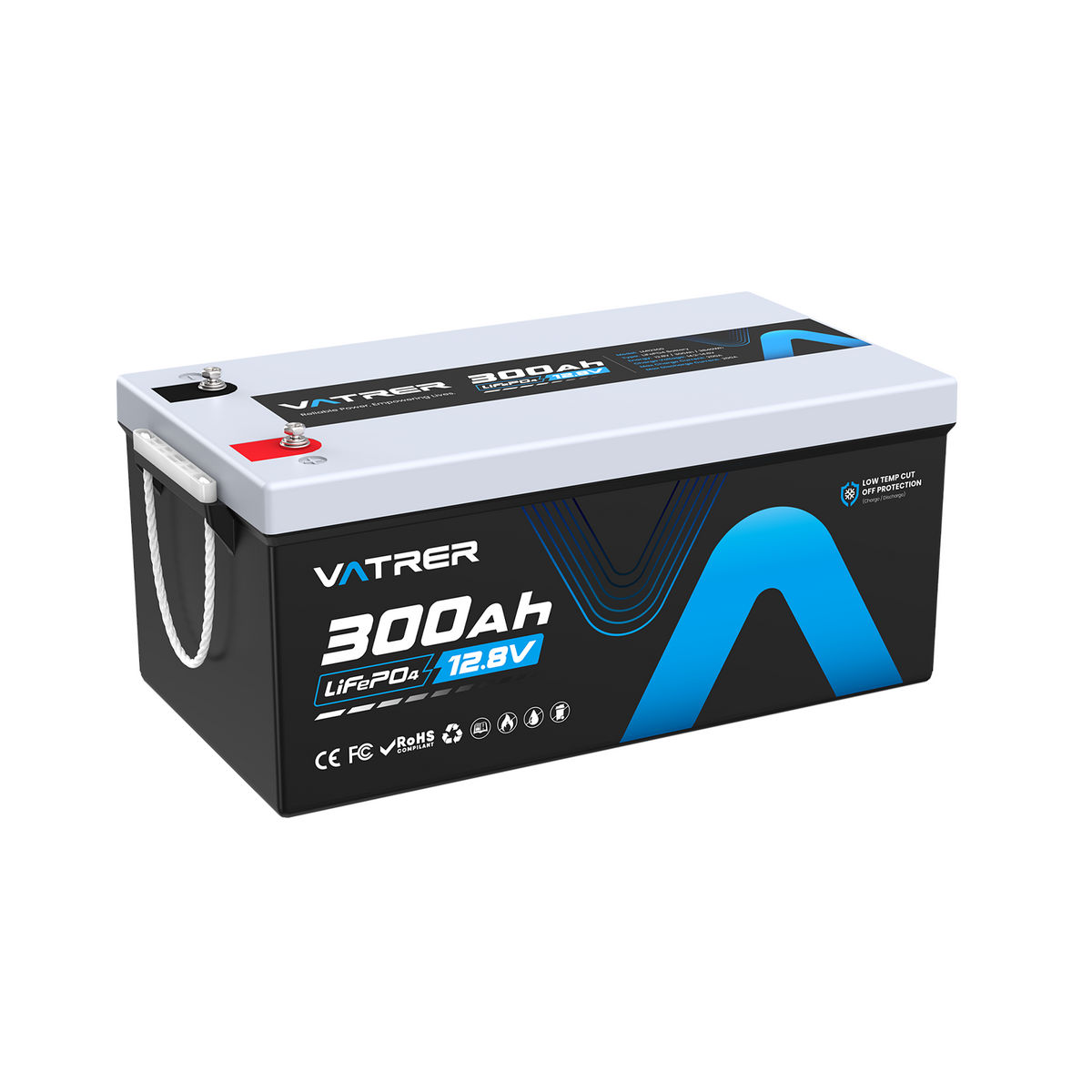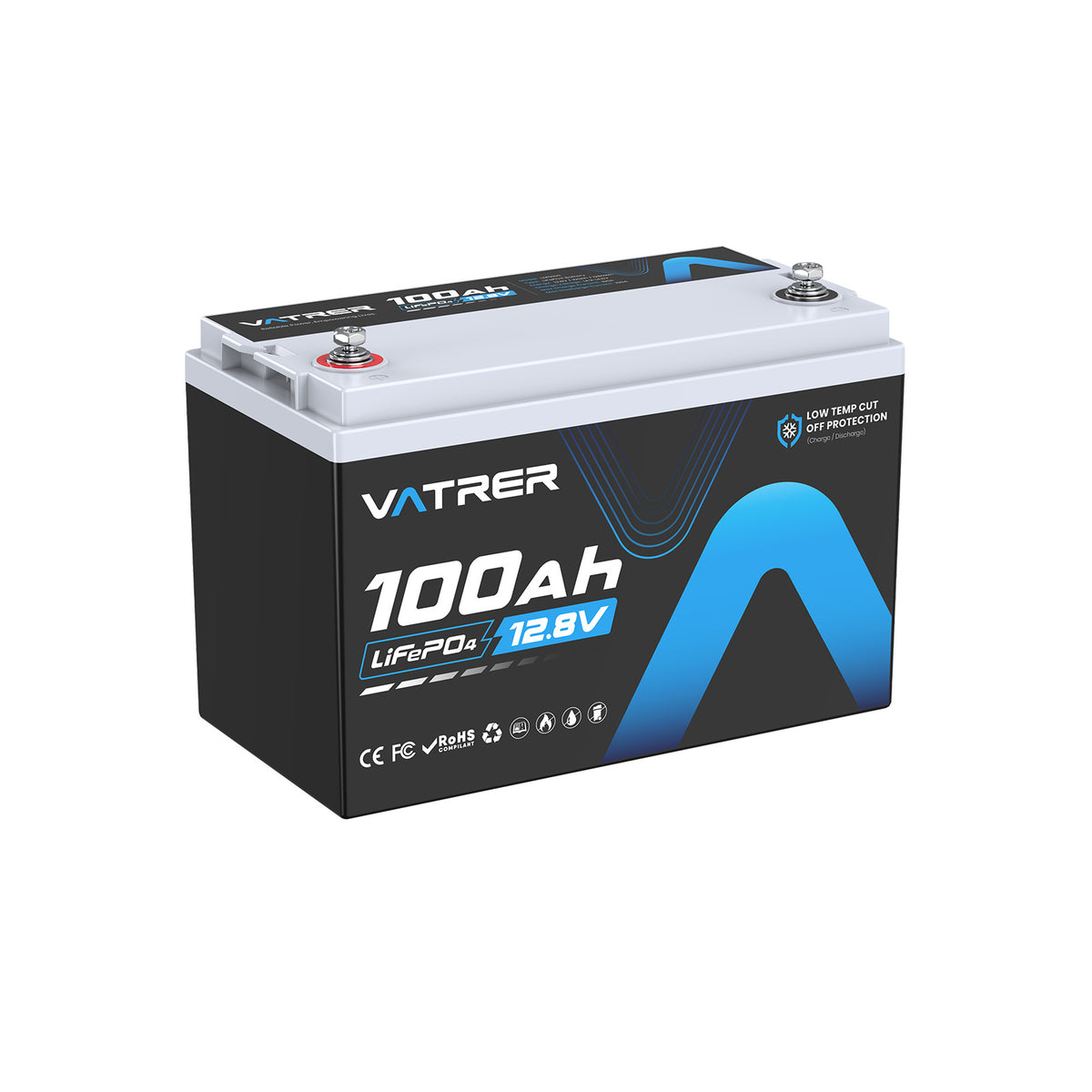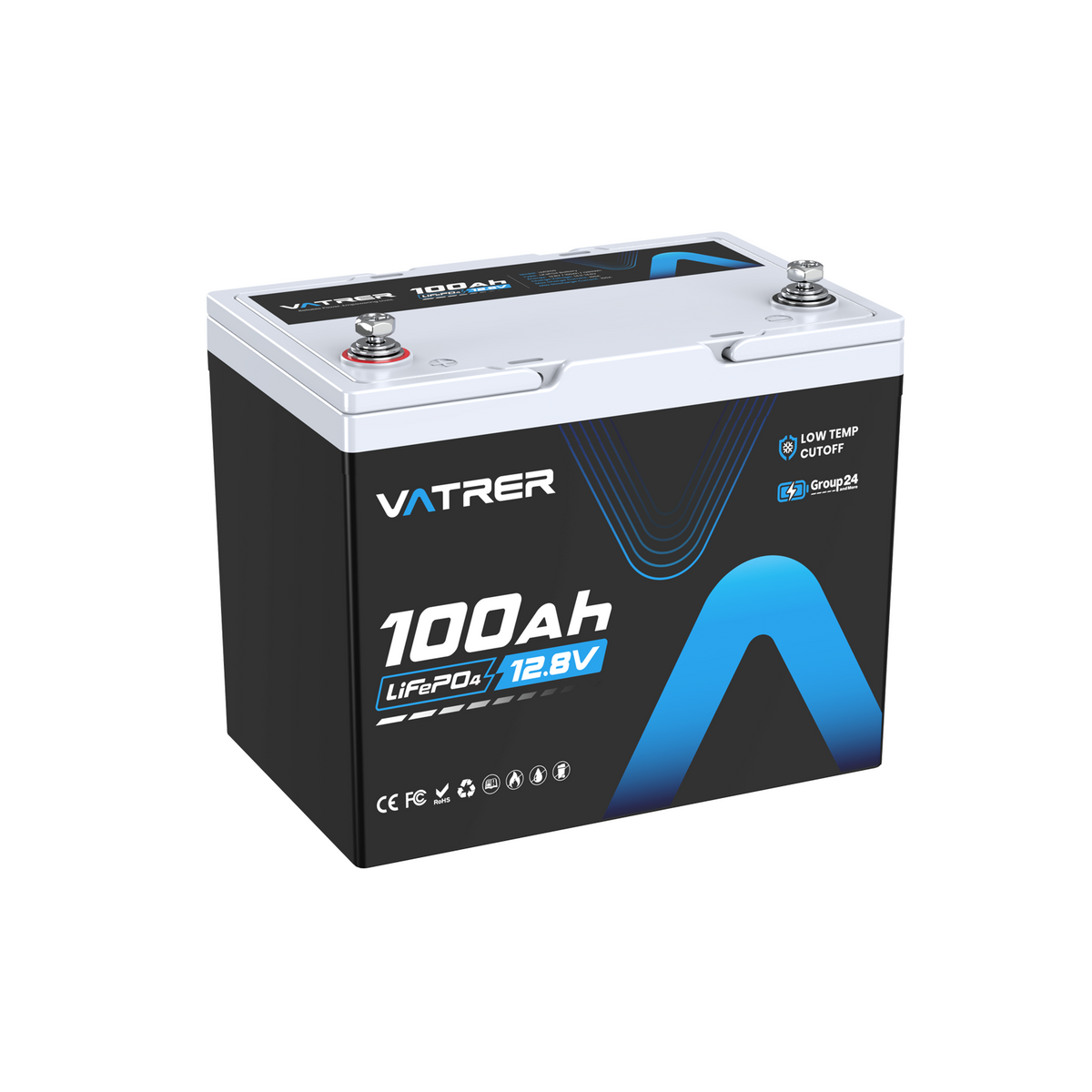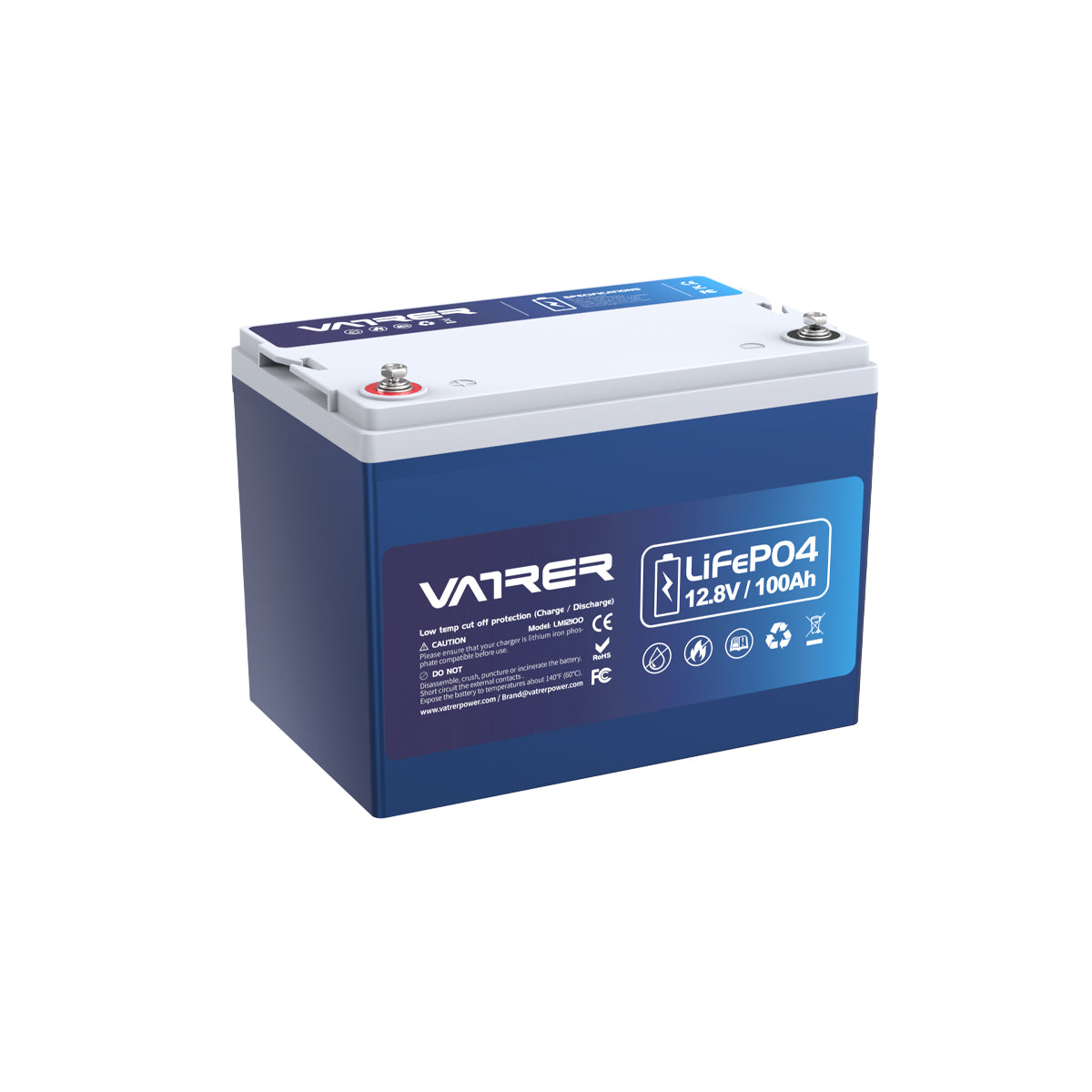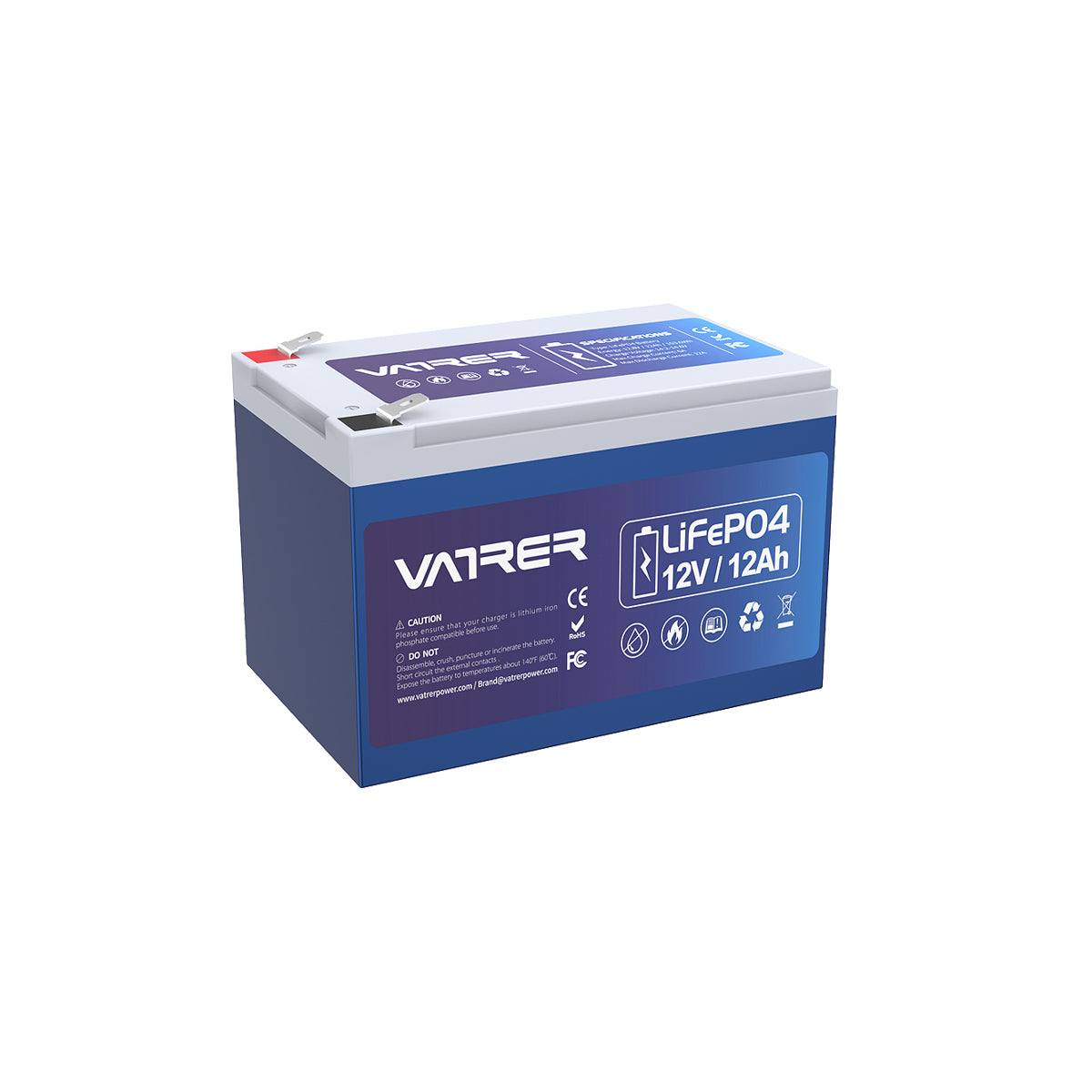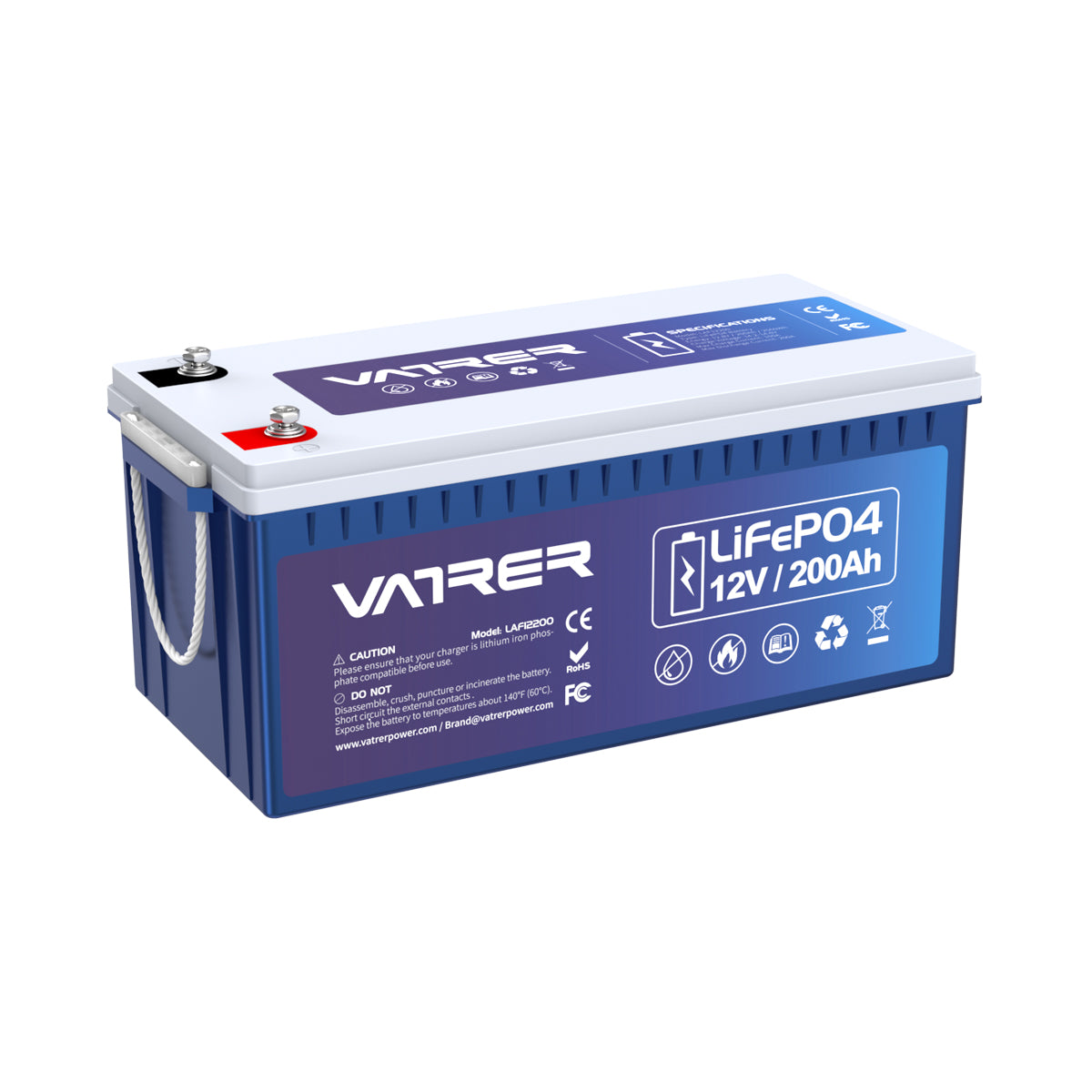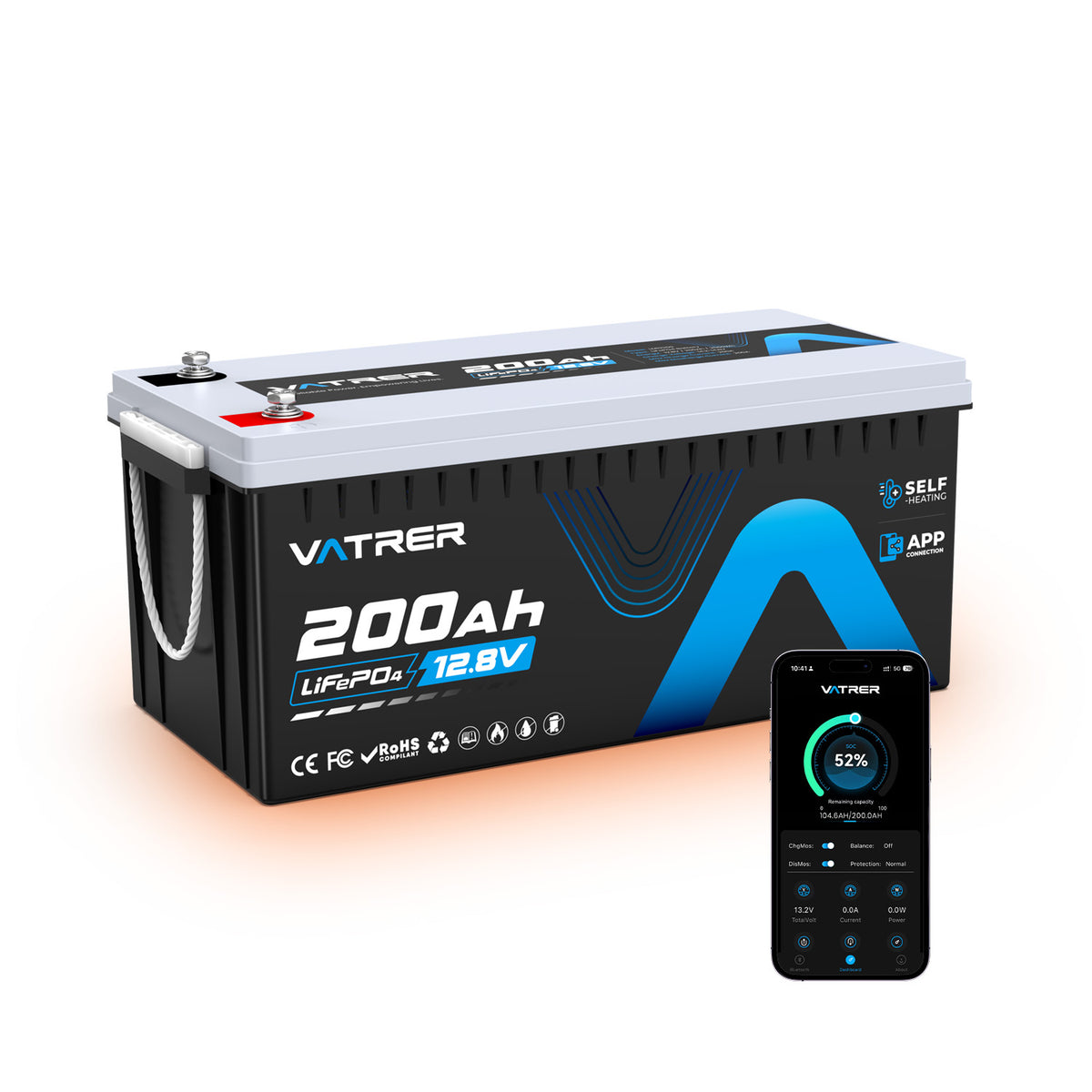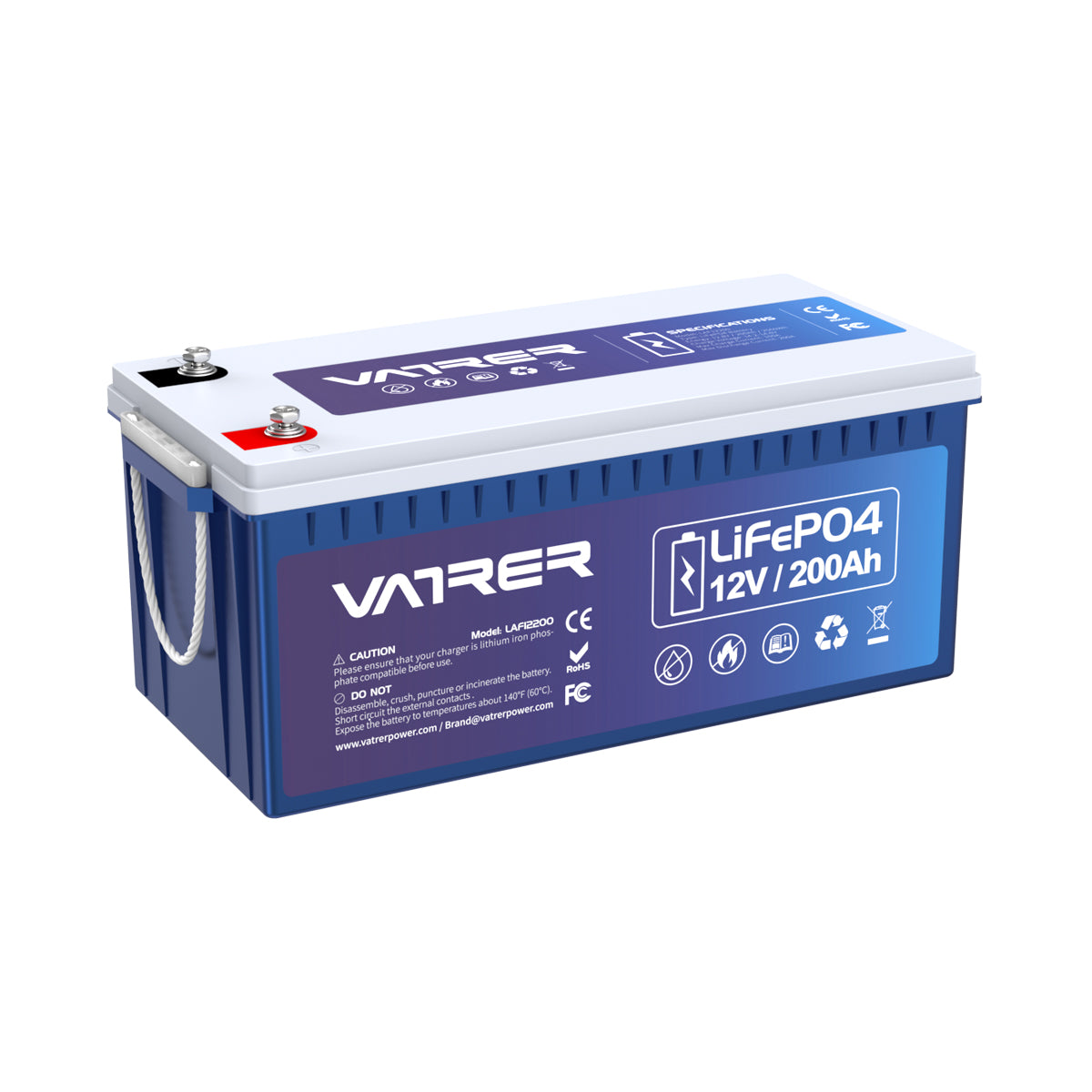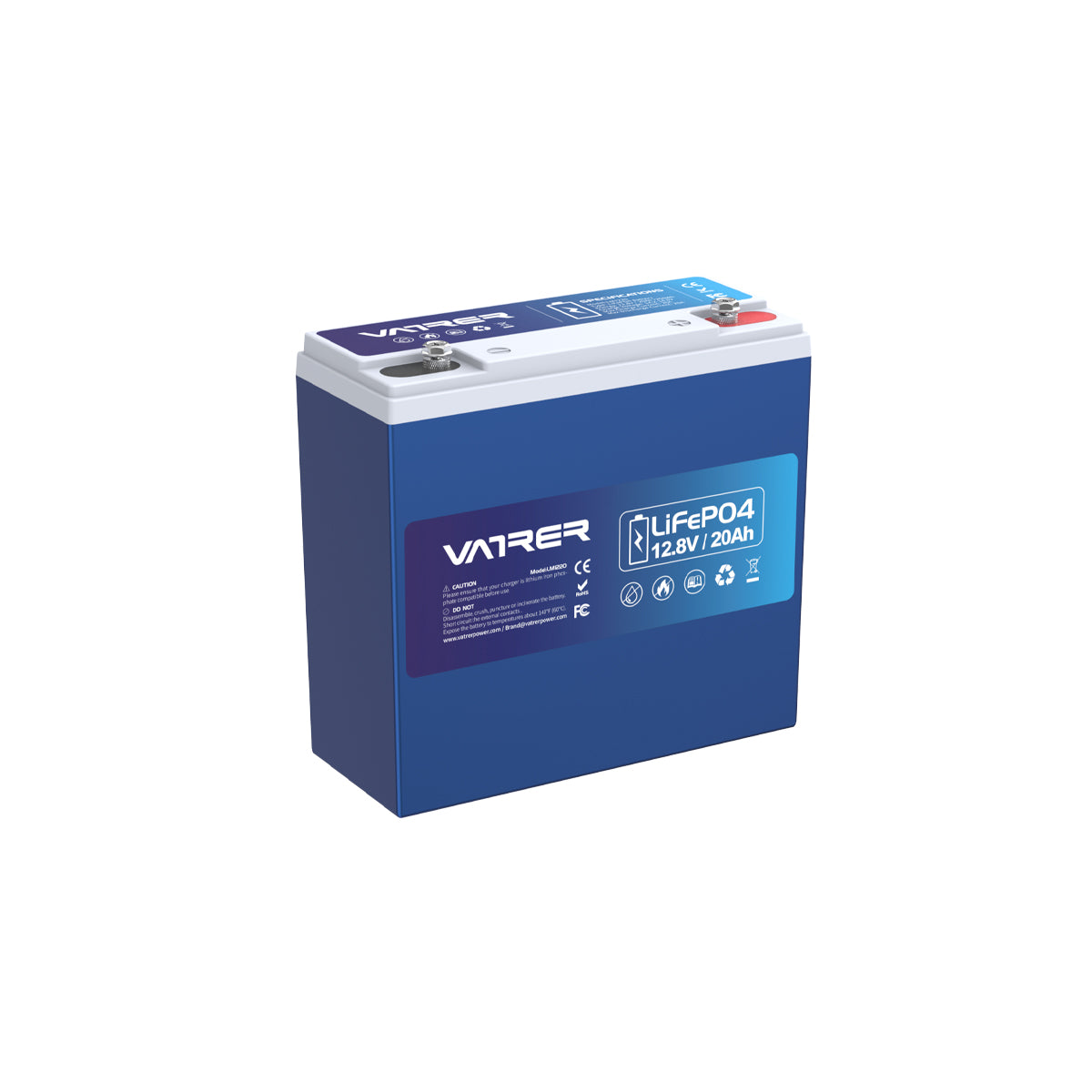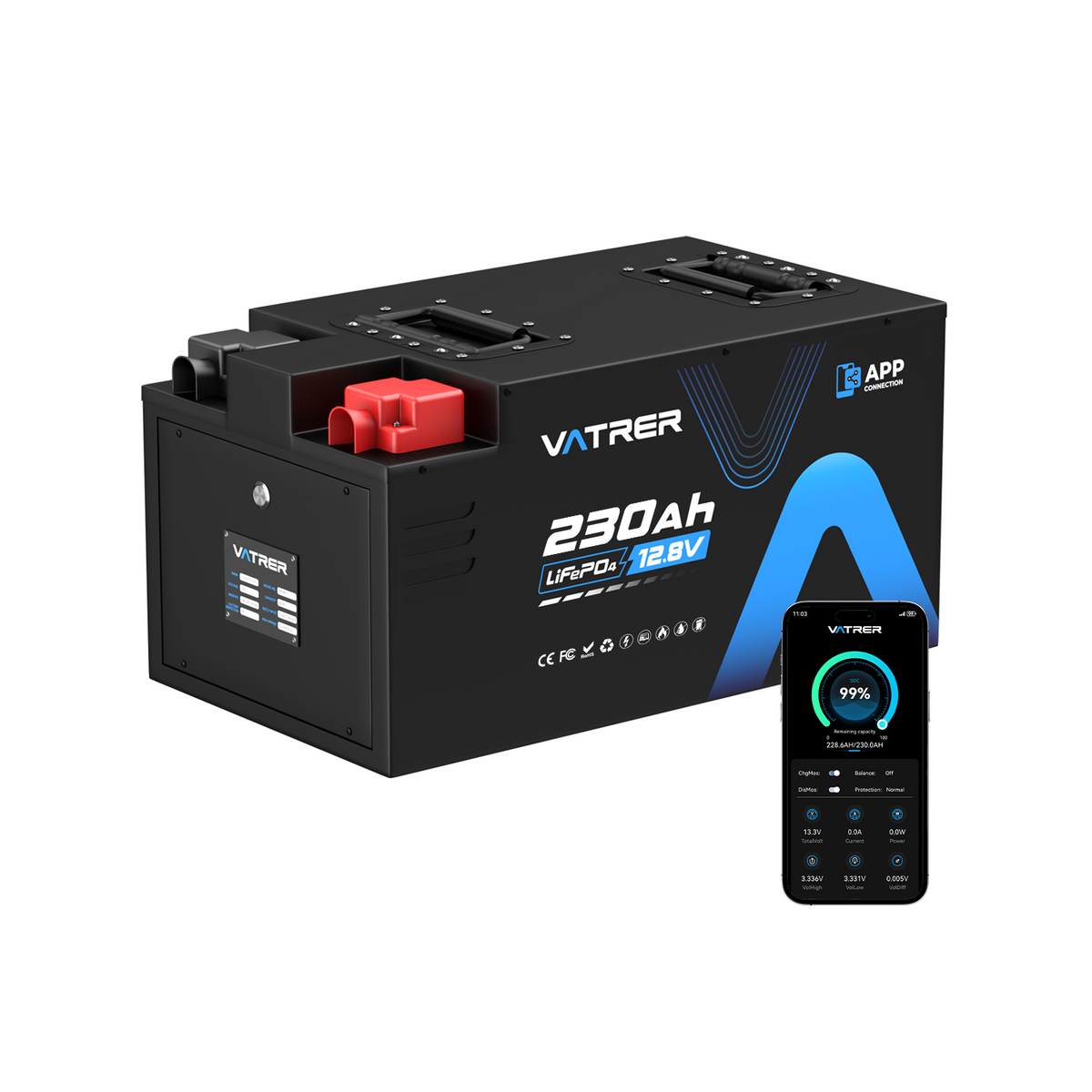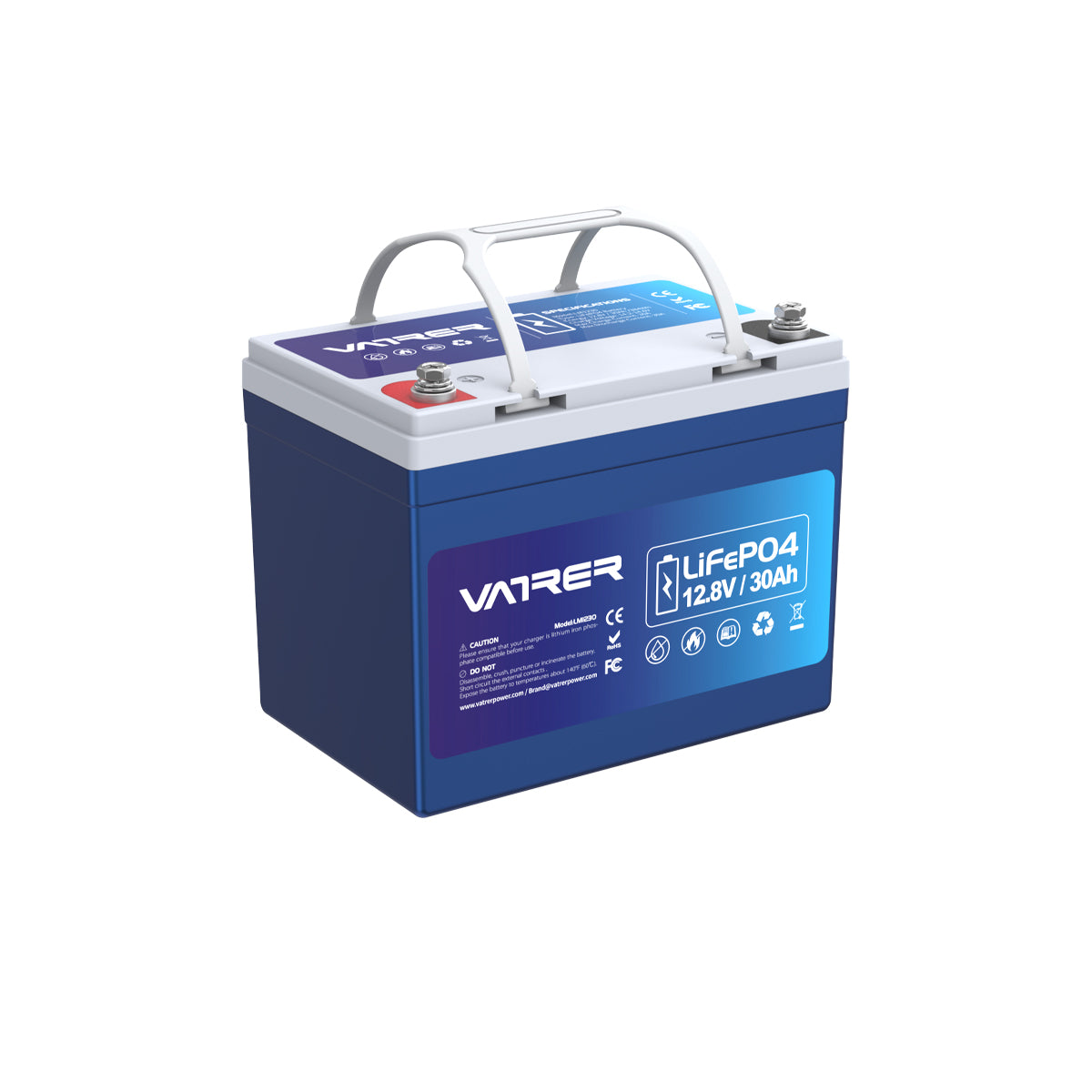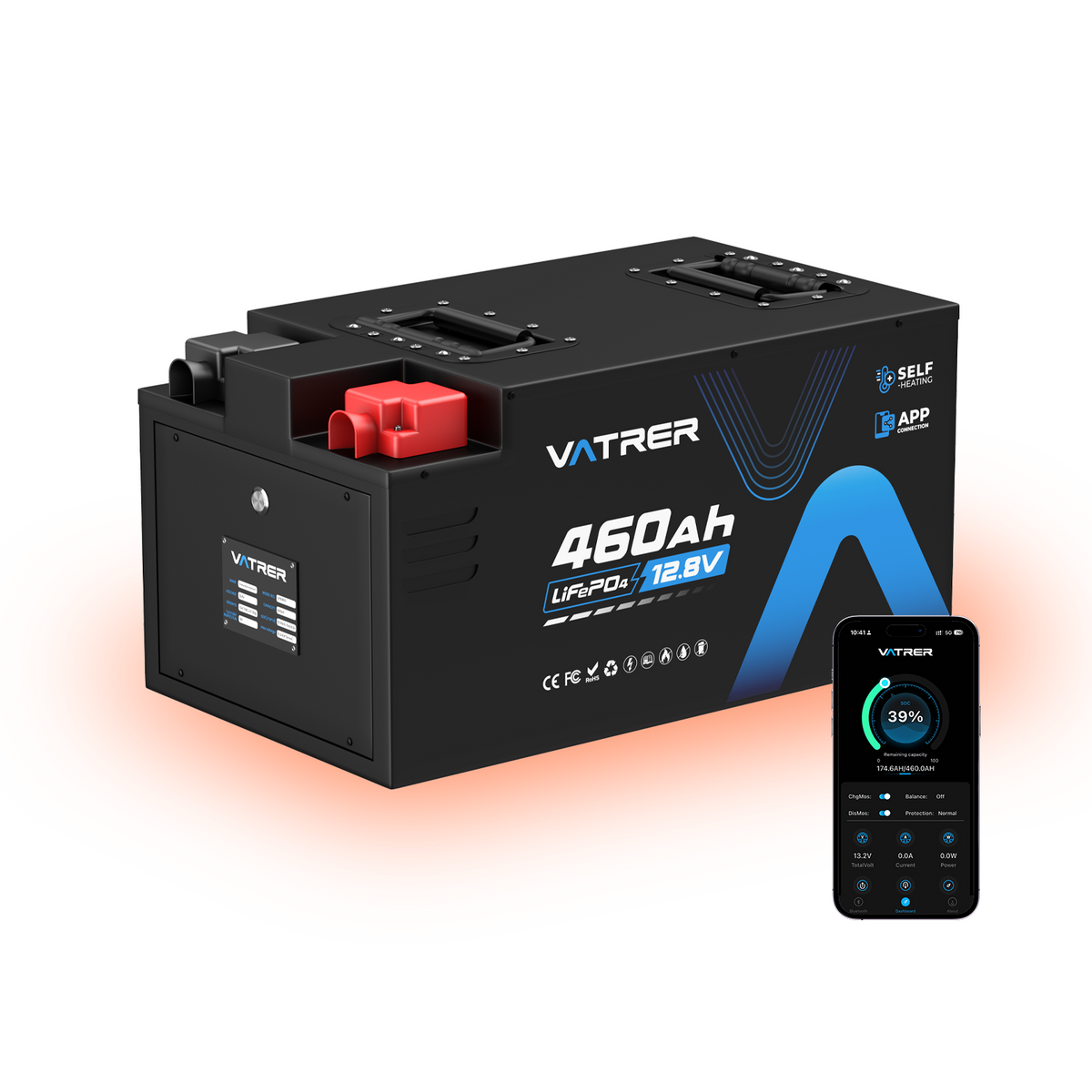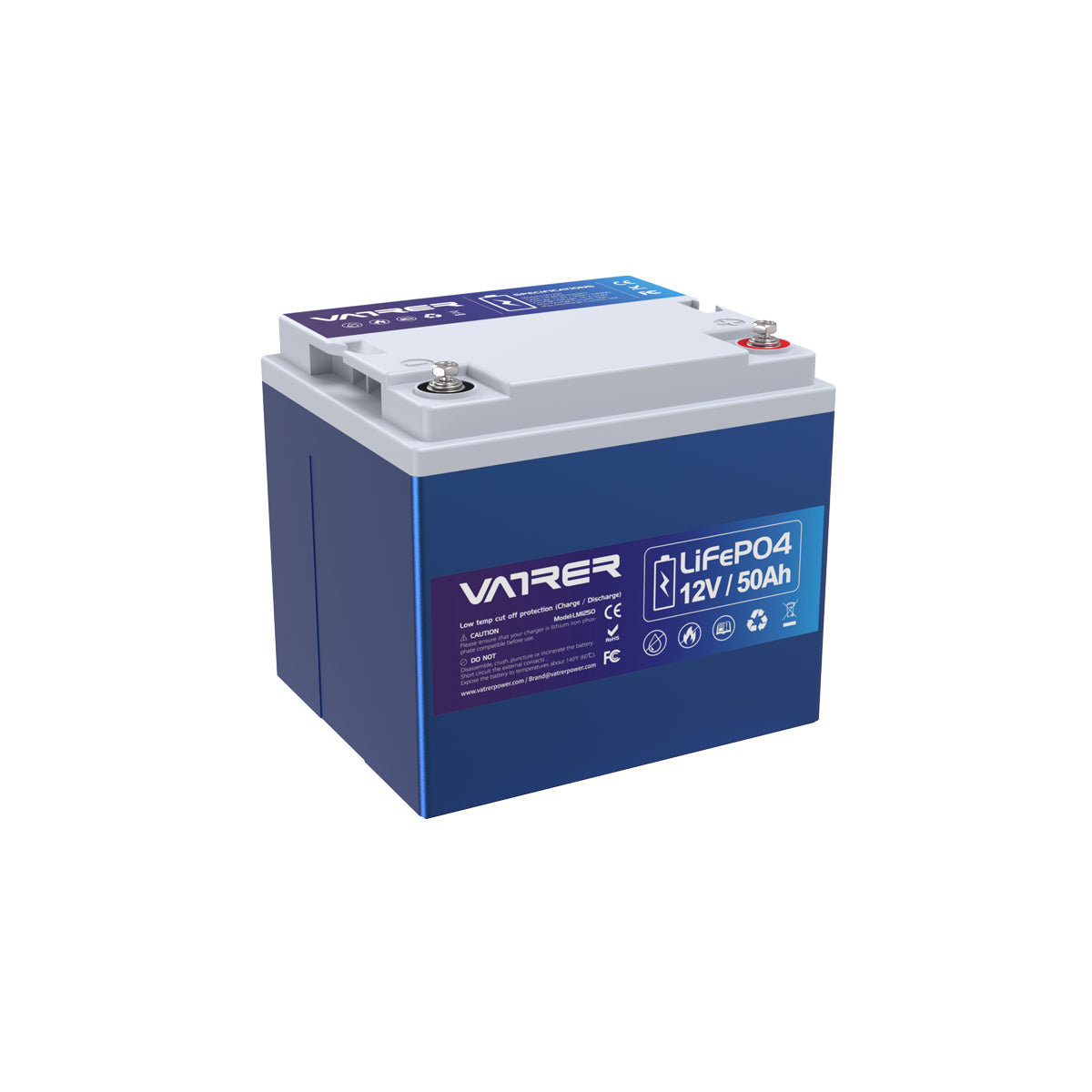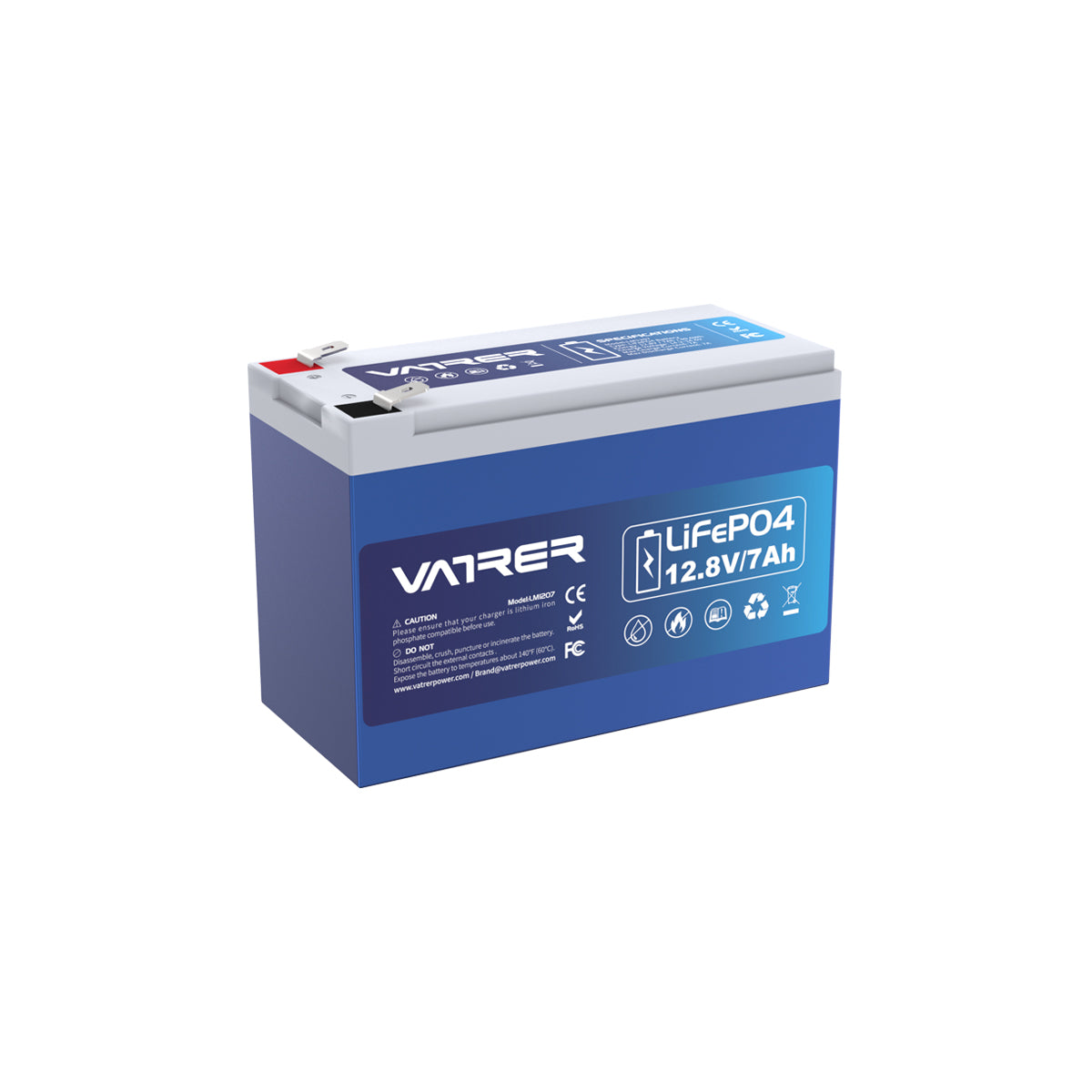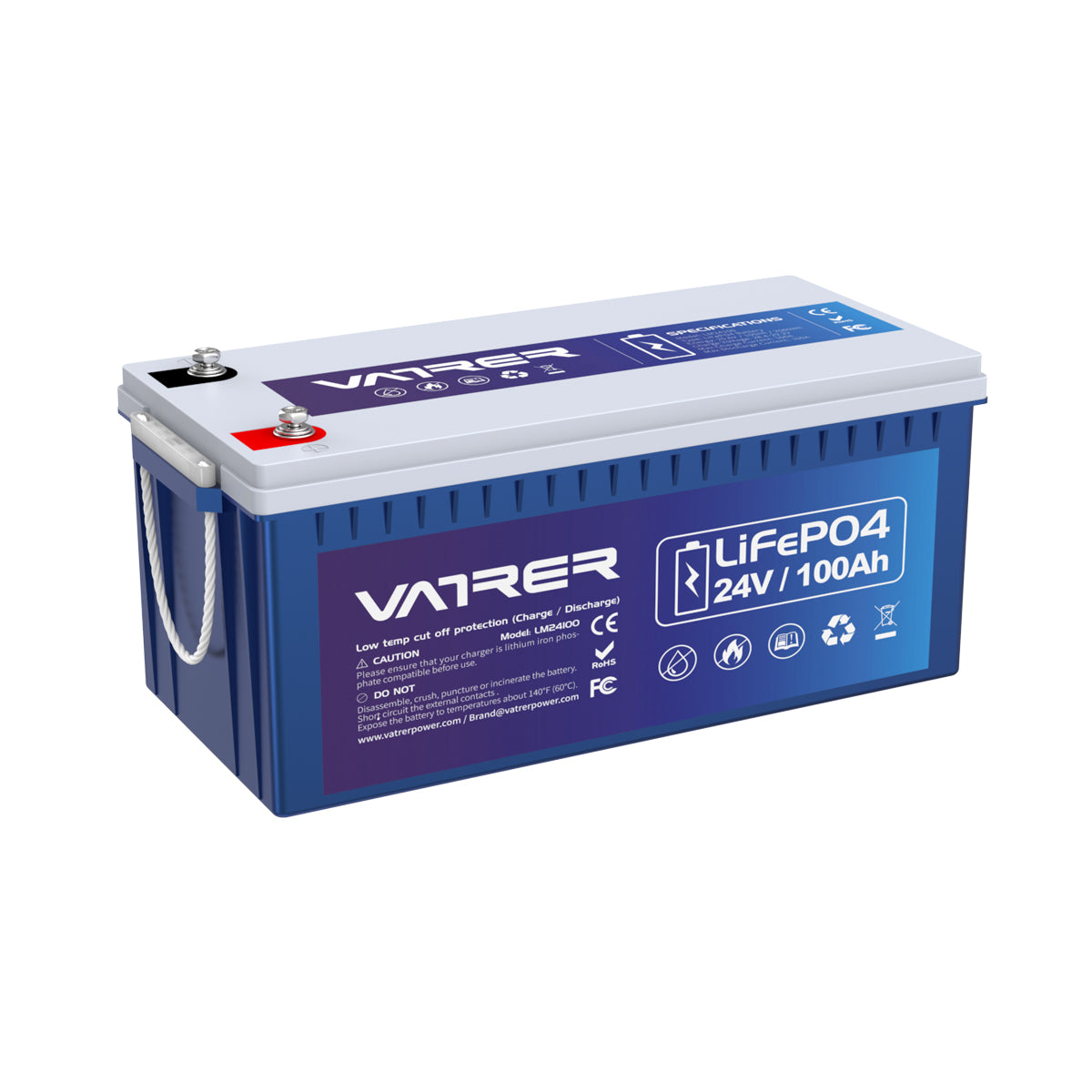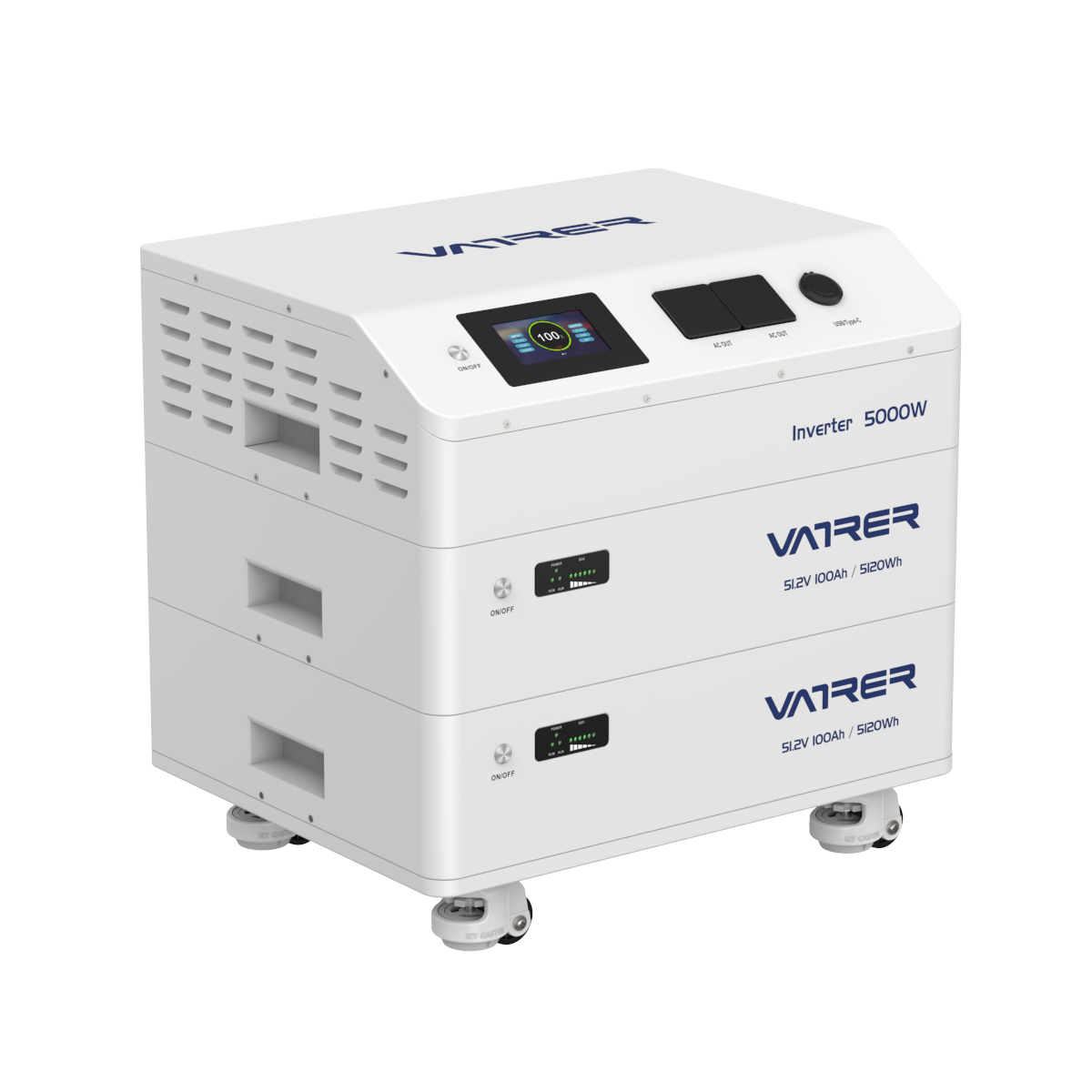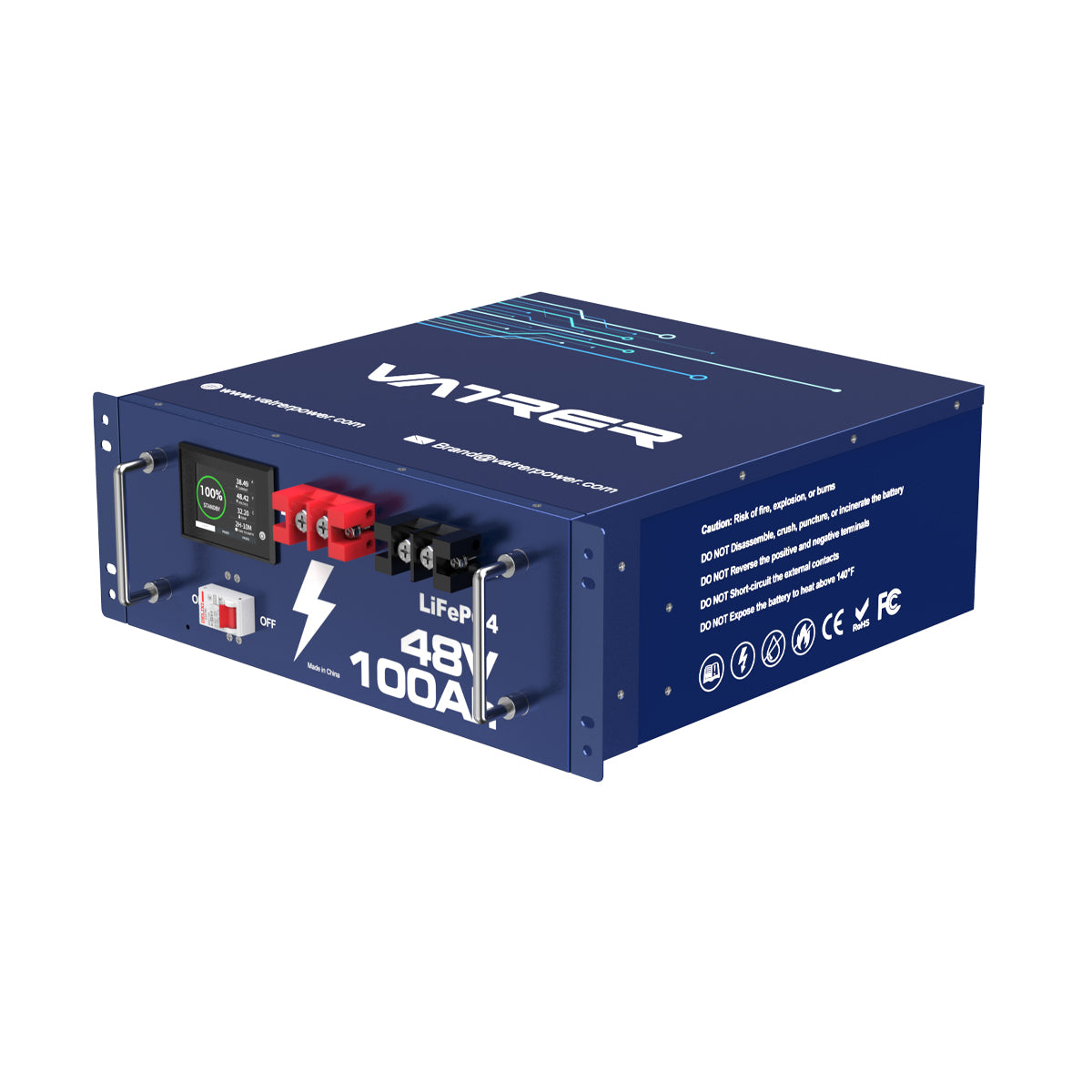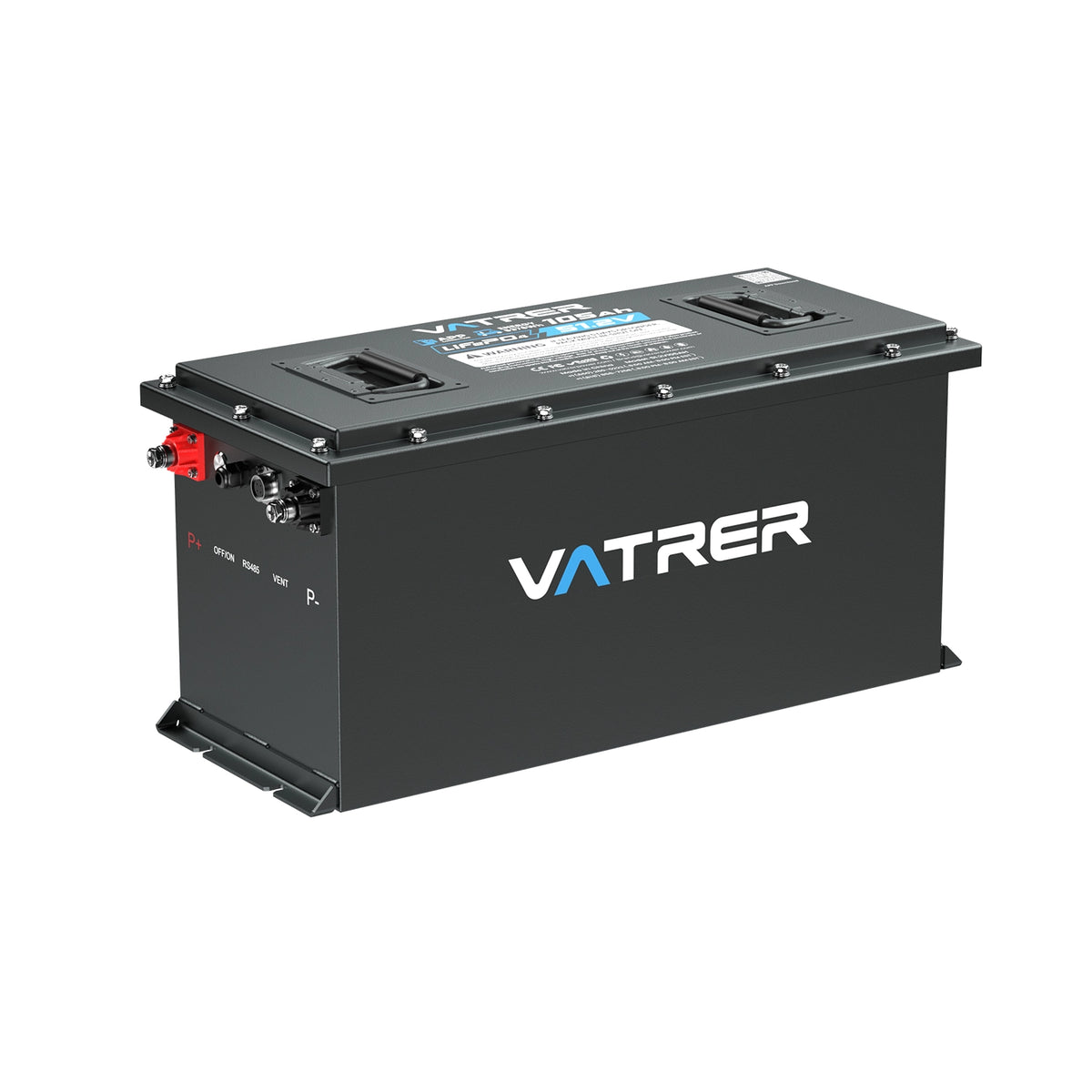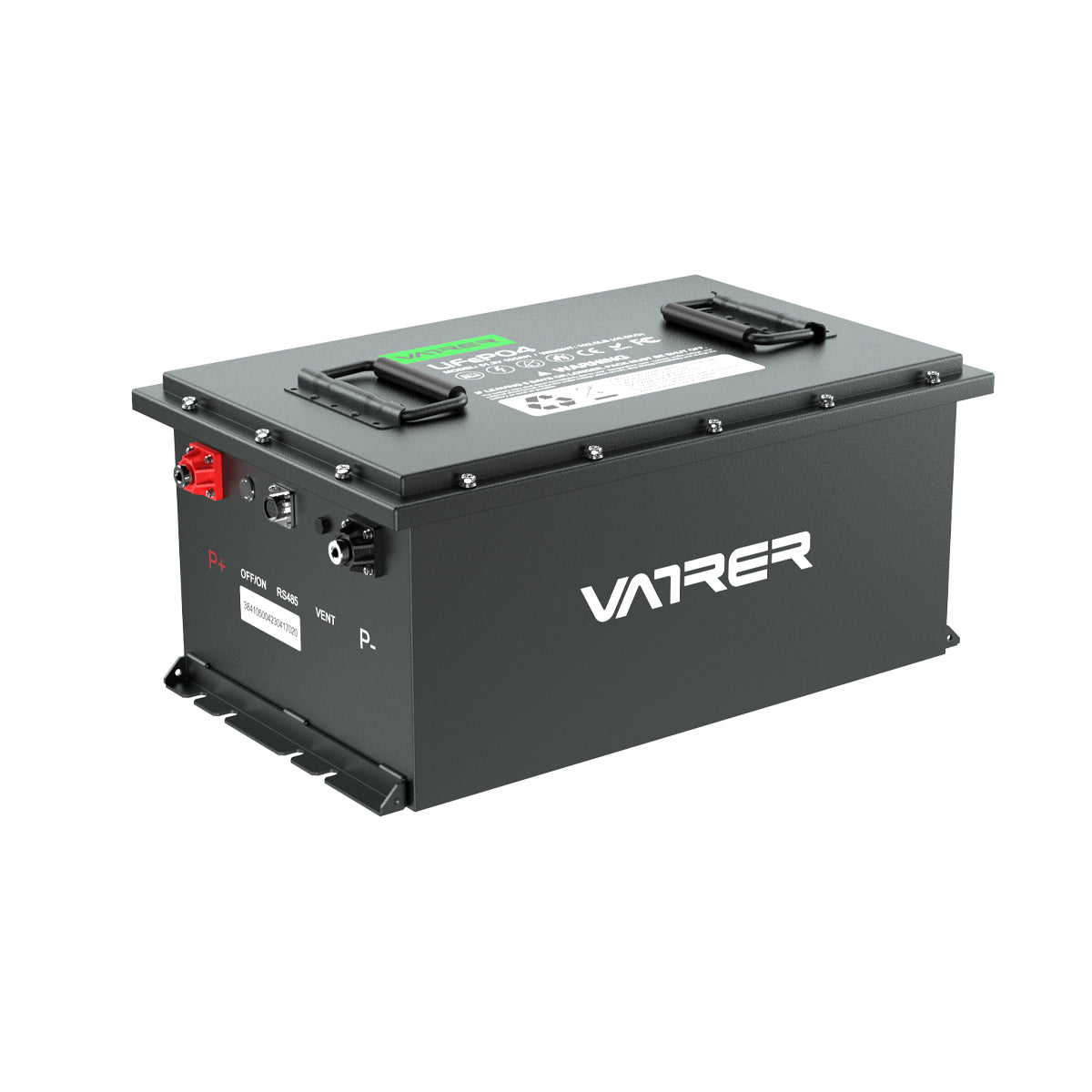In today's world, the demand for efficient and sustainable energy solutions is at an all-time high. As we explore the possibilities of using lithium batteries for various applications, one question frequently arises: Can I run an AC on lithium battery power? In this article, we will delve into the intricacies of using lithium batteries to power air conditioning units, examining the feasibility, benefits, and considerations involved.

Understanding Lithium Batteries
Lithium batteries are rechargeable energy storage devices known for their high energy density, lightweight design, and long cycle life. These batteries have become increasingly popular in various applications, from electric vehicles to portable electronics. Their ability to store significant amounts of energy makes them a viable option for powering appliances, including air conditioning units.
Key Features of Lithium Batteries
-
High Energy Density: Lithium batteries can store more energy in a smaller volume compared to traditional lead-acid batteries.
-
Long Cycle Life: They can endure numerous charge and discharge cycles, making them a cost-effective choice over time.
-
Lightweight: Their reduced weight facilitates easier installation and mobility, especially in portable applications.
Powering an Air Conditioning Unit with Lithium Batteries
Assessing Power Requirements
Before attempting to run an air conditioning unit on lithium battery power, it is crucial to understand the power requirements of the AC unit. Air conditioners typically have a starting wattage that is significantly higher than their running wattage.
Example Calculation
- Running Wattage: 1000 watts
- Starting Wattage: 3000 watts
To determine the battery capacity needed, we can use the following formula:
For a 12V battery system running a 1000-watt AC for 5 hours:
Choosing the Right Lithium Battery
When selecting a lithium battery for your air conditioning needs, consider the following factors:
-
Capacity: Ensure the battery has sufficient capacity to handle both the running and starting wattage of the AC unit.
-
Discharge Rate: Look for batteries that can deliver high discharge rates to accommodate the initial surge of power required by the AC.
-
Battery Management System (BMS): A quality BMS will protect the battery from overcharging, overheating, and deep discharging, ensuring longevity and safety.
Advantages of Using Lithium Batteries for AC Units
1. Efficiency
Lithium batteries are more efficient than traditional lead-acid batteries, resulting in less energy loss during the conversion process. This efficiency translates to longer run times and reduced energy costs.
2. Environmental Impact
Using lithium batteries can contribute to a lower carbon footprint, especially when paired with renewable energy sources such as solar panels. This combination allows for sustainable energy use in powering air conditioning units.
3. Portability
Lithium batteries are lightweight and compact, making them ideal for portable air conditioning solutions. This portability is particularly beneficial for outdoor events, camping, or emergency situations.
Considerations and Challenges
1. Initial Cost
While lithium batteries offer numerous advantages, their initial cost can be significantly higher than traditional battery options. However, the long-term savings in energy efficiency and lifespan can offset this initial investment.
2. Compatibility
Not all air conditioning units are designed to run on battery power. It is essential to verify the compatibility of your AC unit with lithium battery systems before making any modifications.
3. Maintenance
Although lithium batteries require less maintenance than lead-acid batteries, they still need to be monitored for optimal performance. Regular checks on the battery's state of charge and health are recommended.
Conclusion
In conclusion, running an air conditioning unit on lithium battery power is not only feasible but also offers numerous benefits, including efficiency, portability, and a reduced environmental impact. By carefully assessing the power requirements, selecting the right battery, and considering the associated challenges, users can successfully implement lithium battery systems for their air conditioning needs.











